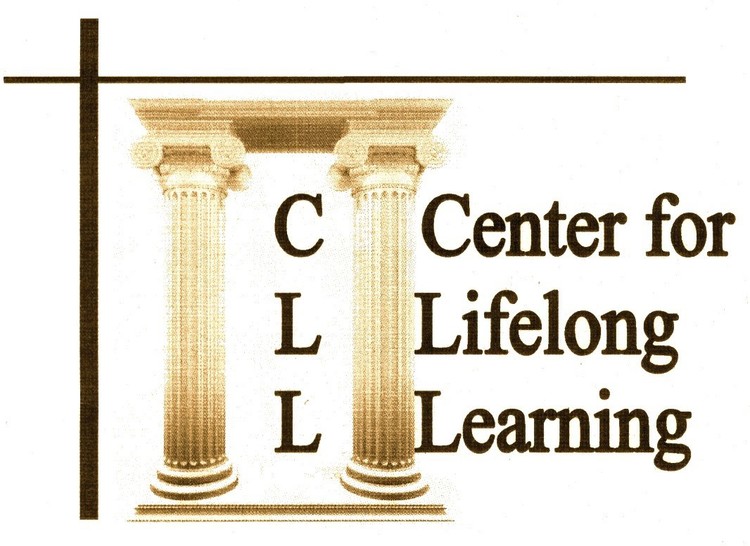FOUNDING OF OUR NATION’S CAPITAL
Instructor: Stewart Lillard
How could someone raised in East Tennessee and educated in the South be expected to contribute anything new to the recorded story of the founding of our nation’s capital? Stewart Lillard, a retired academic librarian who worked in Tennessee and the Carolinas for 35 years, volunteered at The National Archives on Pennsylvania Avenue to fill his idle time. What he learned there will be the subject presented for the Center for Lifelong Learning in three sessions, April 3rd, April 10th and April 17th at 10:00 AM in Clubhouse 1. The fee to register for the class is $15.oo. The class will have a maximum registration of 30 students.
Stewart moved to Leisure World to be near his children and volunteered at The National Archives on Pennsylvania Avenue. Little did he know that the National Archives and The Library of Congress contained documents, probate records, deeds, and military service records (and computer links to other collections) that would fill-in the life of his fourth great-grandfather who lived in Bladensburg, Prince George’s County, from 1749-1778, and who had supplied George Washington’s troops with salt and meat during the French and Indian War in the 1750’s. Through marriages and business deals, this ancestor, Dr. David Ross of Bladensburg, was related to the Hendersons of Pohick Church and Dumfries (VA), James Maccubbin Lingan of Georgetown and Middlebrook (MD) and Jeremiah Smith of Exeter (NH).
It is from these ancestral records and recorded historical documents that he has been able to re-construct some small bits of the Capital City’s past—its brittle, tarnished and fading past. The class will consider the people who settled in the area, which would become the District of Columbia. Attention will be directed to the John Glassford and Company of Glasgow, Scotland, and its collection of “chain-stores,” several cases of Old Bailey Court in London relating to the trials of Joseph Derbin, and to the life and career of Ayuba Suleiman Diallo [Job ben Solomon] of Africa and Maryland.
The last class will consider the Legislative and Executive interests in the location of the Capital City in the 1780s and 1790s. The discussion will address the early owners of the land and farms and the construction of important residences in both Georgetown and Washington City. Social life at Spring Hill in Montgomery County near Georgetown in February 1800 will be described
